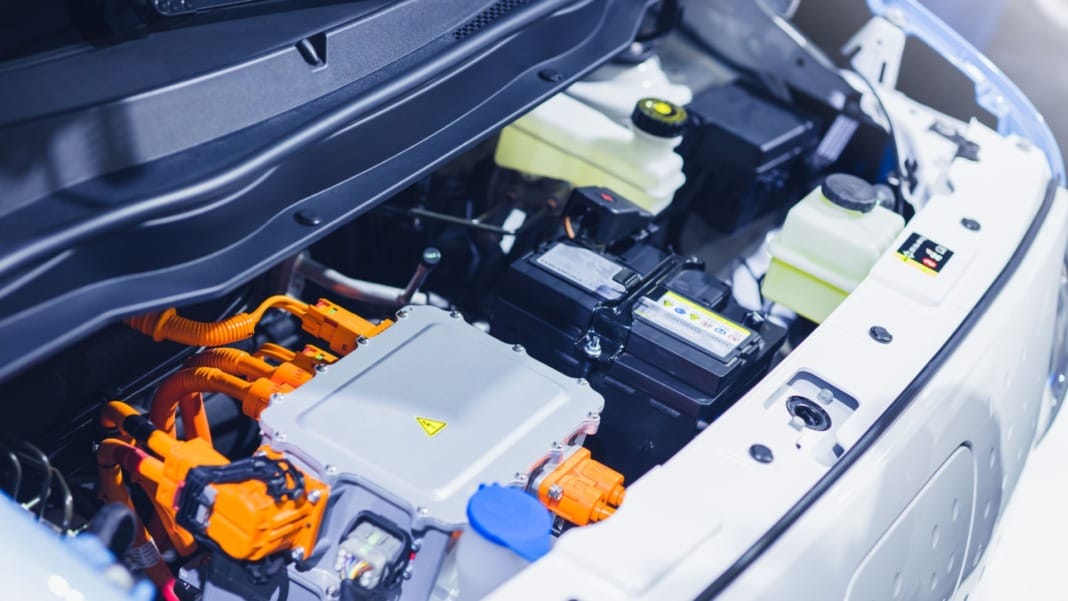Google has unveiled a new feature for Google Meet called “adaptive audio.” This innovative addition offers Google Workspace users an alternative to expensive videoconferencing equipment, provided their package includes access to new AI features.
Enhancing audio clarity
With adaptive audio, Google Meet can automatically detect multiple laptops in the same room and merge their speakers and microphones. This means that participants no longer need to gather around a single laptop to be heard clearly. Instead, the feature combines audio inputs from various devices, reducing echoes and feedback for a smoother communication experience.
This new capability is particularly beneficial for small organisations and teams without access to specialised equipment. If the available equipment faces technical issues, adaptive audio provides a reliable alternative. Moreover, it grants teams the flexibility to choose diverse meeting locations, such as cafés or lounges, when a conference room is unavailable.
Gradual rollouts and availability
Google plans to roll out this feature gradually over the coming weeks. It will be available to Google Workspace customers with the following packages: Gemini Enterprise, Gemini Business, Gemini Education, Gemini Education Premium, and the AI Meetings and Messaging add-on. Once available, adaptive audio will be enabled by default, although users can manually turn it off if they prefer.
Adaptive audio was announced during the Google Next event last month. It is part of a broader range of new features being introduced to Google Workspace. At Google I/O, the company also revealed the new Gemini 1.5 Pro, which integrates with workspace apps like Google Docs, Sheets, Slides, Drive, and Gmail, making them more interconnected. Additionally, Google introduced Google Chip, an AI-driven capability that allows users to ask questions about meetings, emails, and other work-related tasks, enhancing productivity.
A step forward in meeting technology
Adaptive audio represents a significant step forward in meeting technology, making high-quality audio accessible without the need for specialised hardware. This feature aligns with Google’s broader strategy of enhancing the user experience and productivity through AI-powered tools and seamless integration across its platforms.
Whether you’re a small team looking to improve your meeting experience or a larger organisation seeking flexible meeting solutions, adaptive audio offers a practical and efficient way to ensure everyone is heard clearly. Look for this feature in your Google Workspace package, and take advantage of the enhanced audio capabilities it brings to your meetings.





